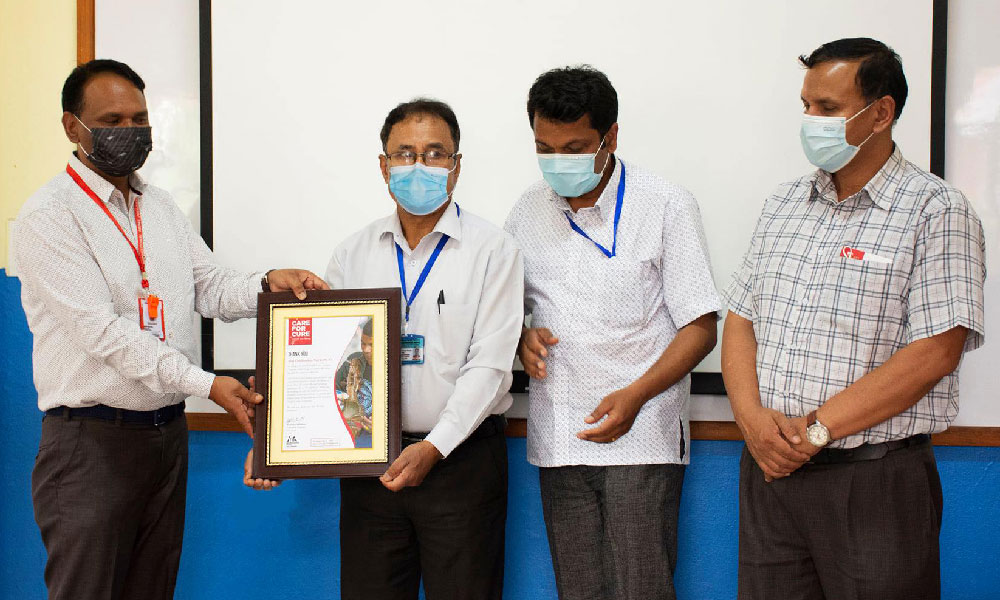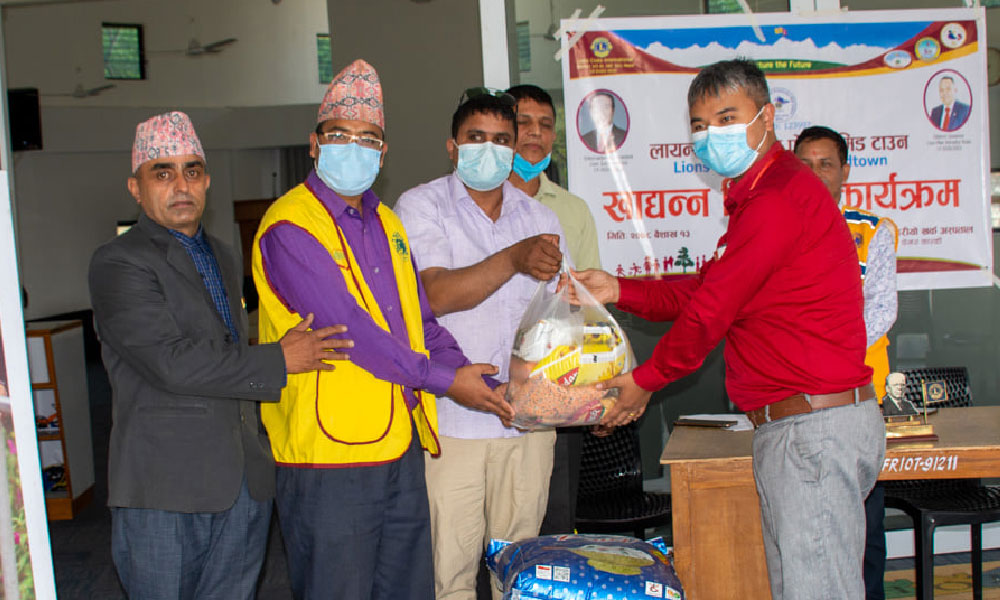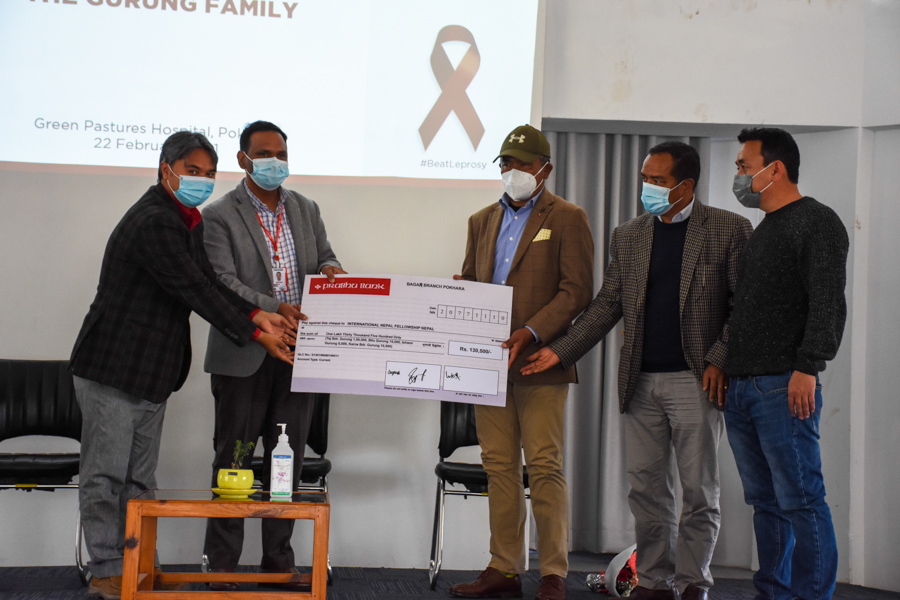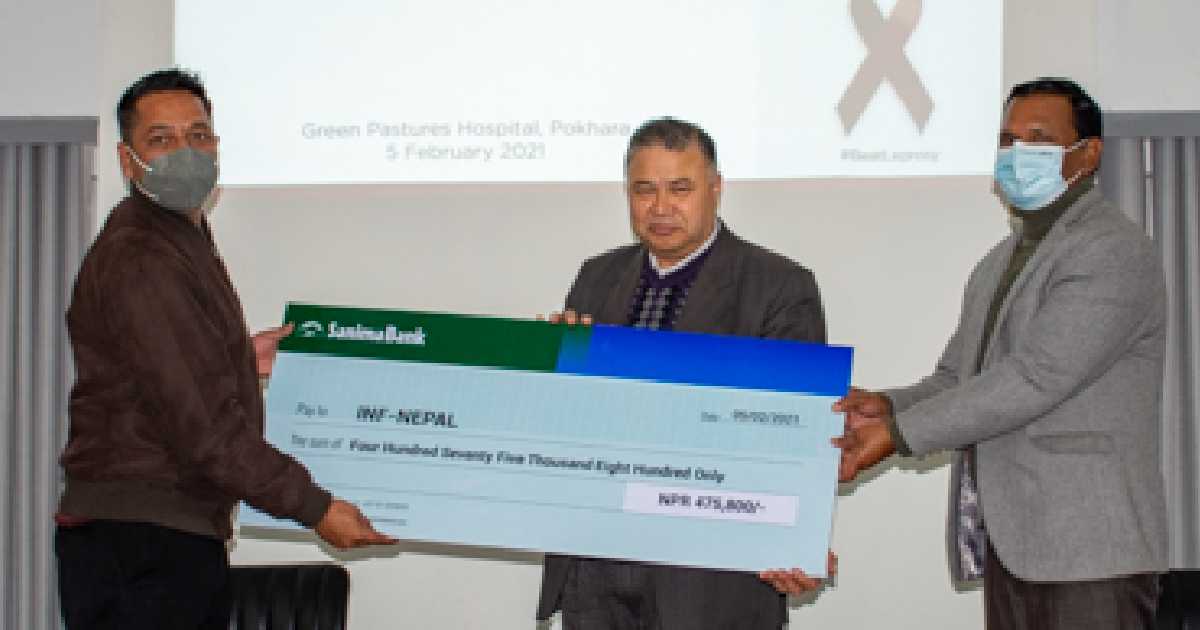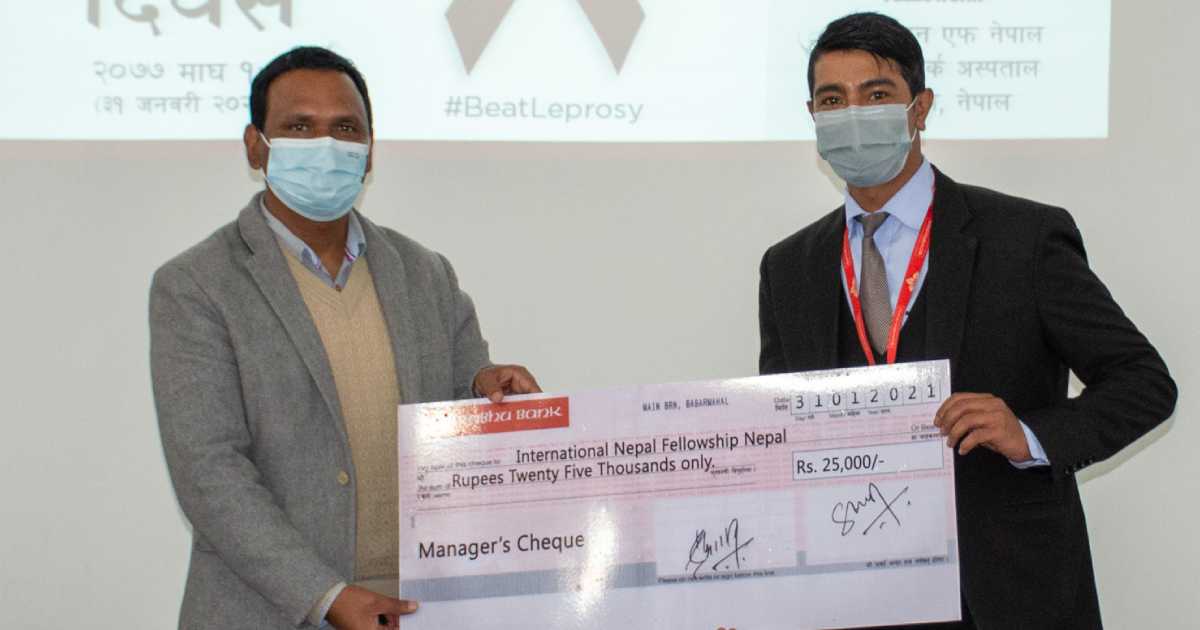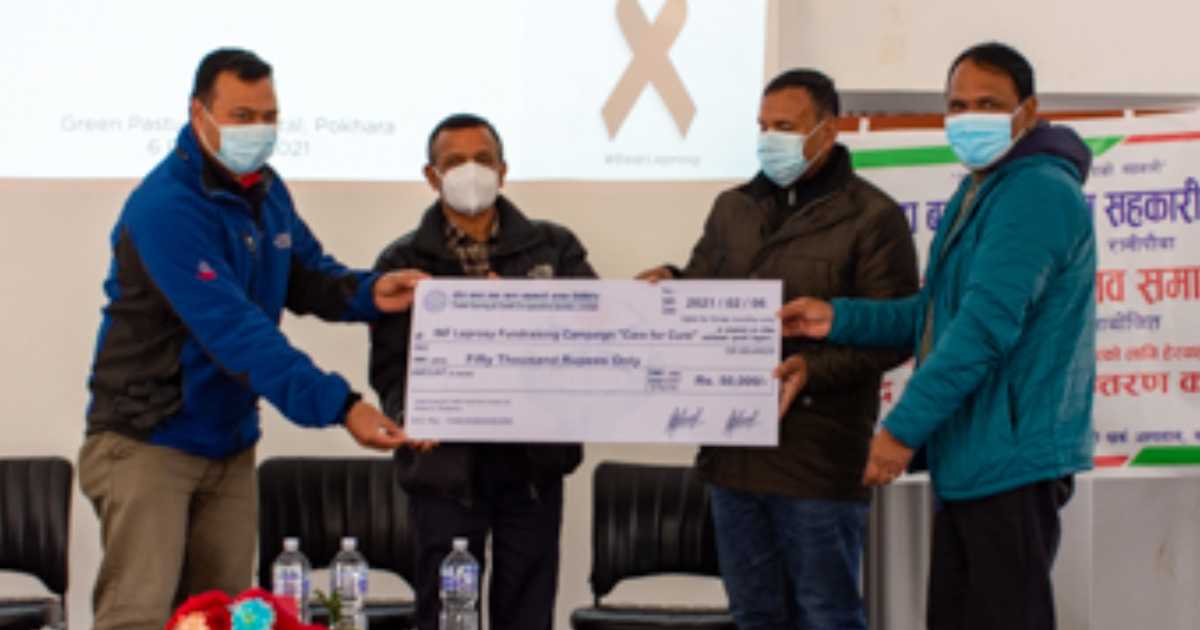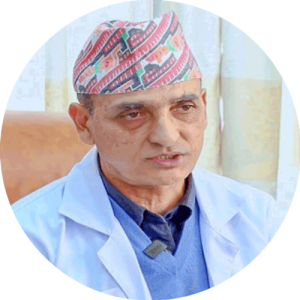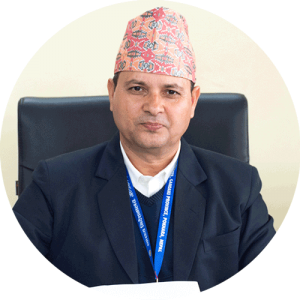Care for Cure
Towards Zero Leprosy
INF’s Leprosy Campaign
Support from the corporate sector
Total Fundraising Target: NPR 20,000,000 [USD 170,000]
Total Funds Received as of 15 March 2023: NPR 5,355,096.39*
* ~27% of a total target
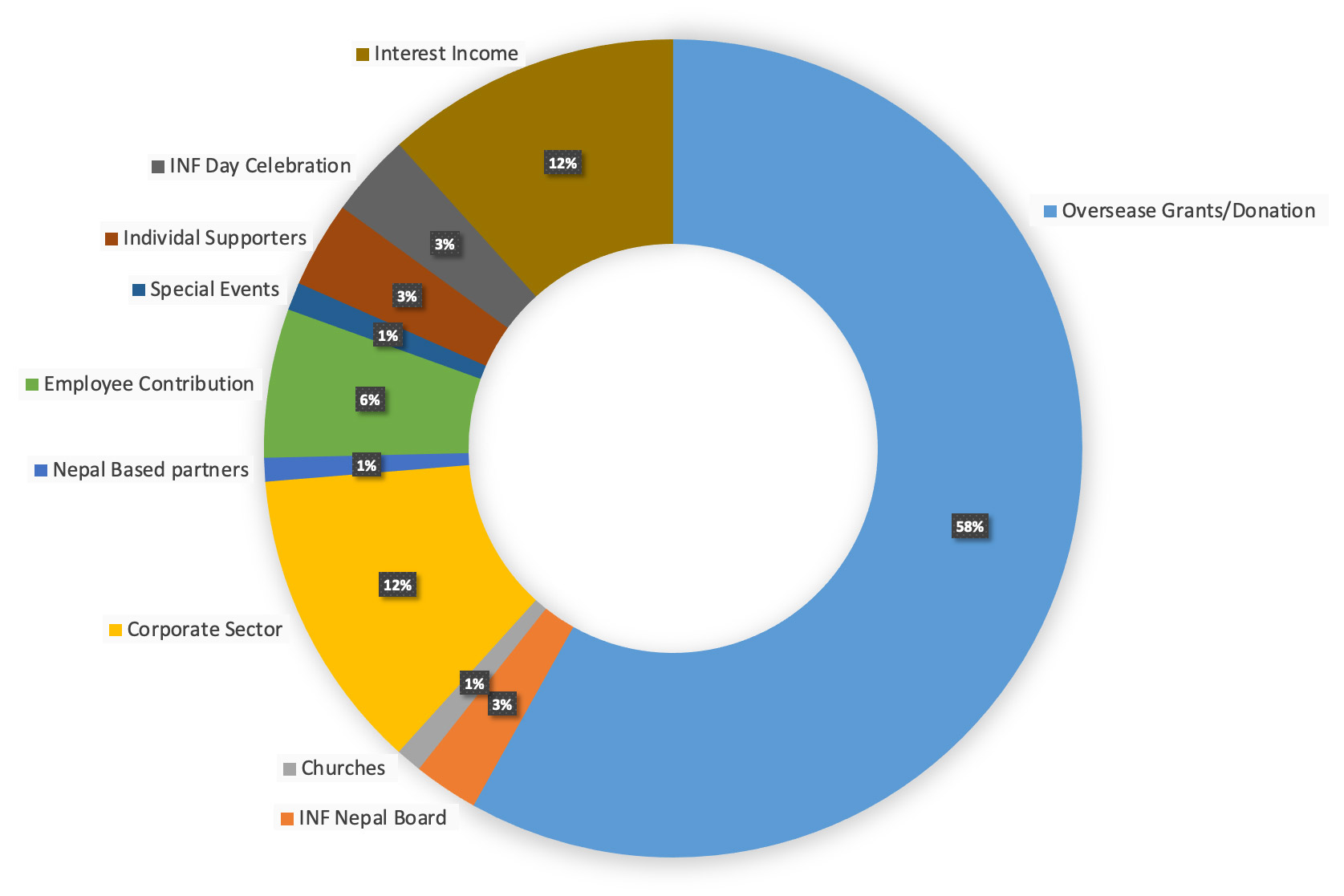
Every year more than 3,000 people in Nepal are diagnosed with leprosy. Many more will remain undiagnosed due to stigma, fear, and lack of medical expertise while for some, it is still about battling the unknown.
 What is Leprosy?
What is Leprosy?
- Leprosy, also known as Hansen’s disease, is caused by Mycobacterium leprae. It causes nerve damage and muscle weakness.
- Symptoms may occur within one year but can also take as long as twenty years or even more to appear.
- Leprosy is transmitted via droplets, from the nose and mouth, mostly during close and frequent contact with untreated cases.
- Untreated, leprosy can cause progressive and permanent damage to the skin, nerves, limbs, and eyes.
- Children too are the victims of the disease. Their disease is usually transmitted from a family member or close relative.
- Leprosy is treated with Multi-Drug therapy [MDT]. Treatment is effective and free for all patients. Though treatable, stigma associated with leprosy is a huge challenge to overcome.
INF’s Leprosy Work
Since its establishment in 1952, the International Nepal Fellowship [INF] has cared for leprosy patients. INF continues to treat and rehabilitate patients affected by leprosy by providing multi-drug therapy, necessary surgery, peer counselling by former patients, and self-care training for patients with disease complications, ongoing impairments and the provision of assistive devices.
From the early 1970s, INF also helped to pioneer and support government-led leprosy control programmes in the western half of the country, identifying and treating cases of leprosy in some of the poorest and most remote districts of Nepal.
Work by the government, INF and other organisations led to a significant reduction in leprosy, and in 2009 the disease was officially declared eliminated in Nepal. This is defined globally as less than one case of leprosy per 10,000 people in the population. While this is a great achievement, the disease is not fully eradicated, with over 3,000 registered new cases per year.
INF Nepal Green Pastures Hospital
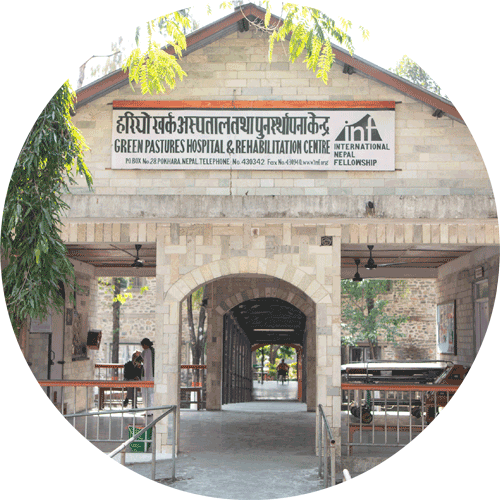
Shining Hospital – INF Banke
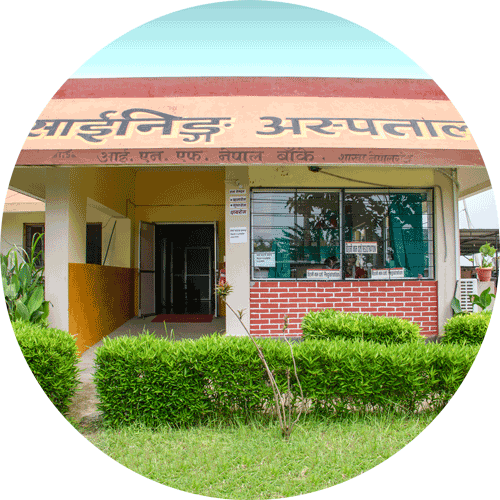
Shining Hospital – INF Surkhet
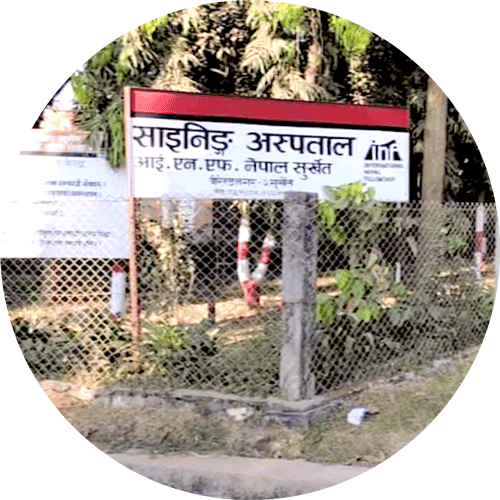
Story of Chandra Kala
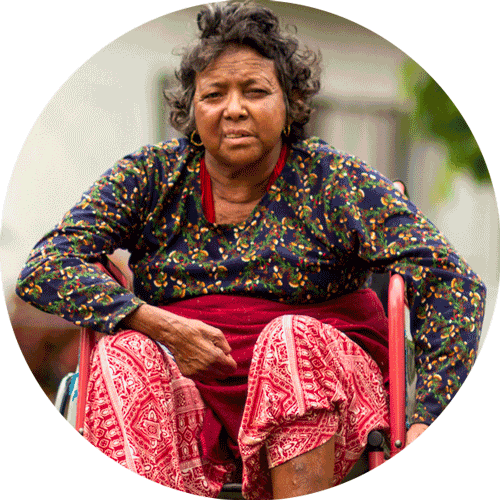
Chandra Kala
“I worried a lot about my health condition during this lockdown, and my family couldn’t afford to hire an ambulance and almost lost hope about receiving treatment”
With the announcement of ‘lockdown’ in the country on the 24 March 2020 to prevent the spread of COVID-19, INF hospitals needed to halt outpatient services. Many inpatient services were also placed on hold.
The travel restrictions prevented persons with disabilities and people affected by leprosy from leaving their homes for ten consecutive weeks and thus unable to access health facilities. Chandra Kala [55, F], from Gorkha district, is one of those severely affected.
Chandra contracted leprosy a few years ago. She felt tingling in both hands as an early symptom. Having visited several other hospitals without getting a proper diagnosis, Chandra visited INF’s Green Pastures Hospital in 2019, where she was diagnosed and started receiving the correct treatment. Chandra started Multi-Drug Therapy [medicine] treatment, and her condition improved gradually, but during the lockdown, she could not replenish her supply of medicine.
As a consequence, Chandra lost sensation/feelings in her hands and legs and became bedridden. The family was desperately seeking care; it took five months for Chandra to be able to come to the hospital and restart her treatment. Chandra is feeling better now. She can walk again and look after herself.
To provide a medical response to patients like Chandra, INF Nepal has started a Tele-medicine service, reaching out to stranded patients with medicine and supplies, helping to cure and prevent disabilities.
The elimination of leprosy from Nepal is only at the national level but in reality, leprosy is far from over. INF has been assisting in various technical issues including patient search, referral service, community-based rehabilitation service for leprosy-affected people, prosthesis/orthosis service, capacity building of health workers etc.
DR BASUDEV PANDEY
Epidemiology and Disease Control Division
Department of Health Services
Ministry of Health and Population, Government of Nepal
INF has been an indispensable partner organisation of Health Directorate and we hope to see INF leading our battle against leprosy at the community level by conducting contact tracing, examining the suspected people, conducting public awareness programmes in the Gandaki Province and providing the necessary treatment.
Director
Health Directorate
Ministry of Social Development
Province Government, Gandaki Province
Long leprosy delays aggregate negative consequences for individuals and families and increase the risk for transmissions. Much can be done to shorten delays. Every effort to do so is important, even crucial, towards leprosy eradication.
DR ULLA-BRITT ENGELBREKTSSON
INF’s Shining Hospital Surkhet
Leprosy is not just a medical disease but also it has many social implications. INF can be a very effective organisation to fight leprosy in all aspects. Given the experience of its staff in leprosy and community work, including rehabilitation, INF can fulfil the potential of providing holistic care and management in leprosy.
DR RAMESH SHARMA
INF’s Green Pastures Hospital



